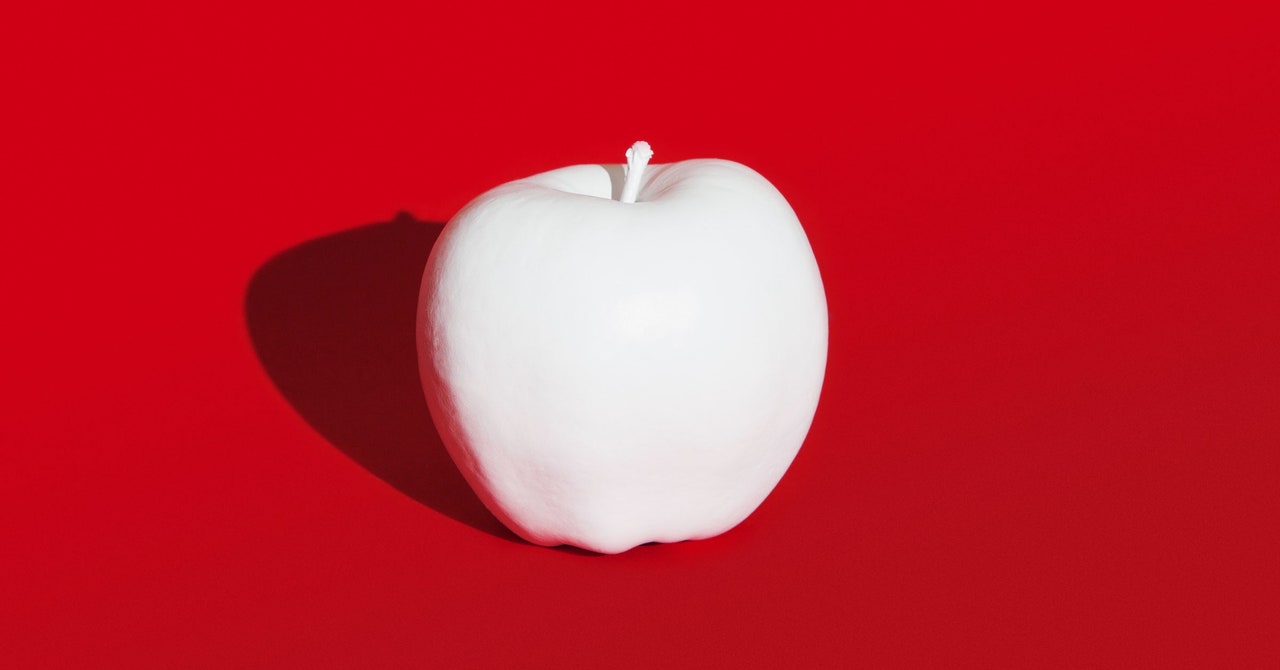In recent years, Apple has pursued a meal prep app with a pear logo, a singer-songwriter named Frankie Pineapple, a German bike trail, a few stationery stores, and a school district, among others. The company engaged in a decades-long battle with the Beatles’ music label, Apple Corps, which was finally dissolved in 2007.
A 2022 survey by the Tech Transparency Project, a non-profit organization that researches Big Tech, found that between 2019 and 2021, Apple filed more trademark oppositions — attempts to enforce its IP over other companies — than Microsoft, Facebook, Amazon and Google together. Those companies also have common terms like “Windows” or “Prime.”
Apple has a precedent in Switzerland. In 2010, the billion-dollar company got a small Swiss grocery cooperative to agree out of court that they would never add a bite print to their logo—a bright red apple in a shopping basket—something the cooperative’s then-president said was “never planned.” “.
However, it hasn’t always worked out like Apple. In 2012, Swiss Federal Railways won a $21 million settlement after Apple was found to have copied the design of the Swiss railway clock. In 2015, an existing “apple” trademark in Switzerland, acquired by a watchmaker in the 1980s, forced Apple to delay the launch of its popular Apple Watch in the country.
Apple only requests rights to a black and white image of an apple. However, according to Cyrill Rigamonti, who teaches intellectual property law at the University of Bern, that could give it the broadest form protection possible, allowing it to pursue images in a wide range of colors. “Then the question [would be], is there any likelihood of confusion regarding another apple that is not exactly identical?” he says.
Irene Calboli, a professor at Texas A&M University School of Law and a fellow at the University of Geneva, says that in Switzerland, anyone who can prove a history of using a disputed sign has protection in a potential trademark dispute. That means it may be difficult for Apple to enforce its trademark against organizations that have used the apple symbol for decades.
However, she says that big, wealthy companies can often deter smaller companies from complying. “The system is very skewed toward those who have more money,” she says. The mere threat of costly lawsuits against a big company like Apple can be enough to intimidate people and keep them from “doing something that could be perfectly legal.”
Calboli says the global trademark trade is self-perpetuating. “Many people make a lot of money off these rights by registering them,” she says. IP authorities “are just as guilty as the lawyers, because firms want revenue, so they issue registrations for things companies don’t need. That is our brand industry.” Smaller companies, such as Swiss apple growers, may need to learn how to use the system to protect their own assets, she added. “We are dancing, and it is difficult to stop the dance. Since the system is like this, it is better that everyone uses it than just the big ones.”
A decision from the Swiss court will not be known for months, possibly years. For Swiss apple growers, “millions” are at stake if they have to change their brand name after a decision. “We don’t want to compete with Apple; we don’t intend to enter the same field as them,” says Mariéthoz, adding that one of the biggest complaints from the approximately 8,000 apple growers he represents with the attempted fruit grab was that, “you know, Apple didn’t invent apples… We’ve been around for 111 years. And I think there are already a few thousand more apples.”

